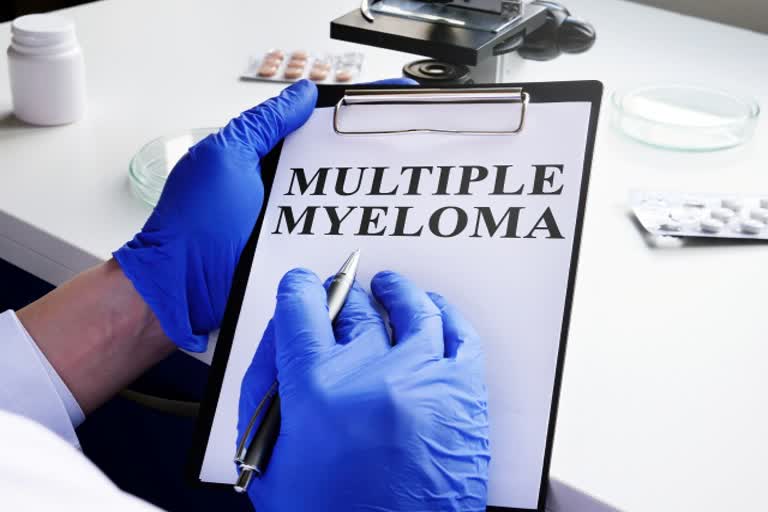While there is no cure for multiple myeloma, a bone marrow transplant can be an effective part of treatment for the younger patients suffering from multiple myeloma, health experts said on Sunday.
According to the experts, bone marrow transplant can help in increasing the survival chances by some more years of multiple myeloma patients. "Treatment of multiple myeloma has become more effective with advancement in medicine and technology," Shyam Aggarwal, Head of the Oncology department at Sir Ganga Ram Hospital, New Delhi, told IANS.
"Younger patients suffering from multiple myeloma should undergo bone marrow transplant which is very effective for the treatment of multiple myeloma," Aggarwal added. Multiple myeloma is an uncommon type of blood cancer in which abnormal plasma cells build up in the bone marrow and form tumours in many bones of the body.
Also Read:Increased Cases Of Cancer In Youngsters Due To Unhealthy Habits.
Healthy plasma cells make antibodies, which protect us from infections and bacteria. In patients with multiple myeloma, something goes wrong with the cell division, causing a malignant proliferation of plasma cells in the bone marrow.
"The survival is further increased by doing the bone marrow transplant in multiple myeloma patients, which is not so expensive these days and requires the patient to stay for around 10 days in the hospital," said Rahul Bhargava, Director, Institute of Blood Disorders situated at Fortis Hospital, Gurugram.
According to the US Food and Drug Administration (FDA), multiple myeloma can also damage the bones and the kidneys and weaken the immune system. The exact cause of multiple myeloma is unknown.
The FDA, this week, approved Abecma (idecabtagene vicleucel), a cell-based gene therapy to treat adult patients with multiple myeloma who have not responded to, or whose disease has returned after, at least four prior lines (different types) of therapy. Abecma is the first cell-based gene therapy approved by the FDA for the treatment of multiple myeloma.
"While there is no cure for multiple myeloma, the long-term outlook can vary based on the individual's age and the stage of the condition at the time of diagnosis," said Peter Marks, M.D., Ph.D., director of the FDA's Center for Biologics Evaluation and Research.
